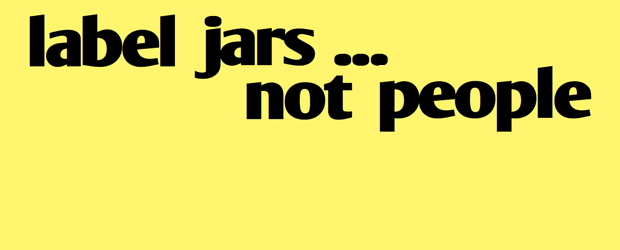
We – yes, I am a life coach – have already accepted how we’re portrayed in entertainment. You can bet that if there is a life coach character in a TV show or movie, that person is going to be flaky and/or the slick, fast-talking type. That character will be the butt of a joke or be exposed as a charlatan.
This is nothing like the professional coaches I know.
Then, of course, there is the image of coaches who preach from a mountaintop of their own making. Robbins falls in that category. He has helped a lot of people. He’s motivated them to overcome their fears and rethink debilitating thought patterns. He also holds the distinction of being arguably the most famous coach in the world. People see his riches, the arenas he packs, and are drawn to his swagger and presence. He has earned his place in the upper echelon of self-help experts by virtue of all of that.
But the Robbins model represents a small fraction of professional coaches.
Meanwhile, among the coaches I know (and we’re talking the cream of the crop), discussions often revolve around how some are making a living at it but most are not. There is a craving for real discussion about how challenging coaching can be. We want to know if we’re alone in trying to navigate this as a viable way to earn enough to live reasonably well. Who can afford us?
One exception is in the area of executive coaching. CEOs and other high-level managers can actually afford top of the line coaching, but in most cases their company picks up the tab to the tune of thousands of dollars. The coaching sessions mostly take place during work hours. These are the perks of reaching the top. In turn, some very fine executive coaches are earning like crazy.
For some of us, though, the people we most want to help often can’t afford our services. They’re not poor. They’re just maxed out. Living normal lives with not a lot of cash to spare in a time so many are being squeezed. In the last month I’ve connected with two women I think I can help, but neither can swing the coaching fee right now. One is attempting to live her dream and has made some sacrifices to do so. The other is unemployed and tapping into savings to live. The former has noted that by the time she can afford me, she won’t need me. I can’t argue with that.
Way back in my days training to be a coach, we were told money would never stop a client who really wants to work with us. They would always find a way, no matter what, if they really wanted to. It took me a while to learn that was bullshit. Maybe it was my own realization that I’d love to partake in some services that would improve my life, but I can’t always make it work financially. Duh. Common sense.
I consistently find myself thinking that if I hit the lottery I’d spend a good part of my life just coaching for free. I believe when you have a gift you should use it. I love the results my clients experience because I’m trained to listen, assess, keep people accountable, and hold up a mirror so they see themselves more clearly. It’s so satisfying and sometimes exhilarating.
Some examples of client stories that light me up: The retired woman who began writing in her 50s and was recently published in an anthology; the scientist who loves to dance and is now teaching dance at the university level in a stunning career shift; the teacher that righted her path and found a school better suited to her strengths; the author with writer’s block who went on to pen a bestseller.
This is the trenches. The sweaty, heady trenches.
In Tony Robbins, many see a magic formula. A few hours of feel-good connection in a whipped-up crowd can be inspiring. But those of us working with clients weekly and monthly are helping keep them on track in a sustained way. We’re in it with them.
We’re not flaky. And we’re not charlatans. We don’t make promises we can’t keep.
We simply want you to understand yourself and your options. We want you to trust your instincts and not listen to the well-meaning family member who thinks your idea is ridiculous. Sure, we’ll pull out the platitudes where appropriate or push you in ways that tick you off, but that’s part of the process.
I hope Robbins meant what he said in his apology after the aforementioned incident, that he has a lot to learn. That would show his vulnerability, his imperfection. Life coaches who try to come off as perfect are the real farce. We’re only as good as the mistakes we’ve made and learned from.





